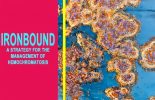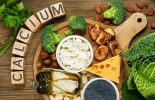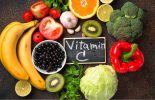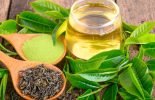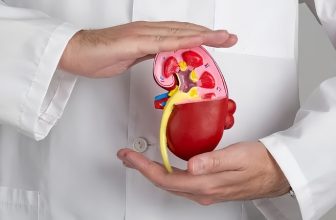Top Natural Supplements to Reduce Iron Levels with Hemochromatosis
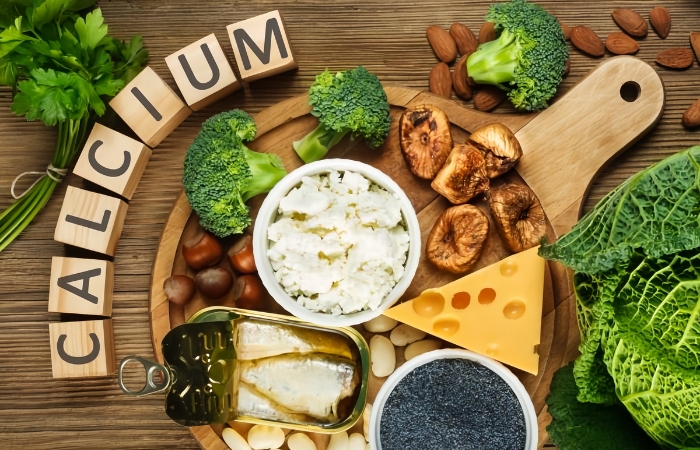
Hemochromatosis is a condition where the body absorbs too much iron, leading to excessive iron buildup in the organs, particularly the liver, heart, and pancreas. Over time, this iron overload can cause serious health complications such as liver disease, heart problems, diabetes, and even joint pain.
While medical treatments like bloodletting (phlebotomy) are commonly used to manage iron overload, many individuals with Hemochromatosis are increasingly turning to natural supplements to complement their treatment plan and help reduce iron levels.
In this article, we’ll explore the top natural supplements that can help reduce iron levels in people with Hemochromatosis. We’ll also discuss how these supplements work to support iron regulation, prevent iron absorption, and improve overall health.
Understanding Hemochromatosis and Iron Overload
What is Hemochromatosis?
Hemochromatosis is a genetic disorder in which the body absorbs more iron than it needs from food. The excess iron is then stored in various organs, leading to tissue damage and impaired organ function. There are two main types of Hemochromatosis:
- Primary Hemochromatosis: A hereditary condition caused by mutations in the HFE gene.
- Secondary Hemochromatosis: Caused by other factors like blood transfusions, chronic liver disease, or anemia.
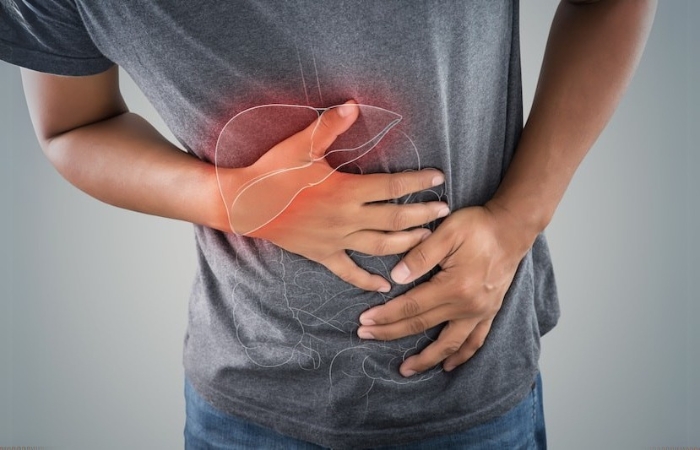
As iron accumulates in the body, it leads to various symptoms such as:
- Fatigue
- Joint pain
- Abdominal pain
- Liver damage
- Diabetes
- Heart disease
The Role of Iron in the Body
Iron is essential for carrying oxygen in the blood and supporting cellular functions. However, excessive iron can lead to oxidative stress, which damages cells and tissues. In Hemochromatosis, the body’s inability to regulate iron absorption leads to a dangerous buildup, causing complications in various organs.
Managing Iron Overload
Traditionally, Hemochromatosis is managed through phlebotomy, which involves regular blood removal to reduce iron levels. Additionally, medications like deferoxamine and deferasirox are used to bind excess iron and help eliminate it from the body. However, many people seek complementary therapies, including natural supplements, to help regulate iron levels and support overall health.
Why Natural Supplements Can Help
Natural supplements offer a promising option for those seeking to manage iron overload without relying solely on pharmaceutical treatments. Some natural substances can:
- Inhibit iron absorption in the gastrointestinal tract.
- Promote iron excretion from the body.
- Reduce oxidative stress caused by excess iron.
- Support liver function to help detoxify the body and regulate iron metabolism.
These benefits make natural supplements an important consideration for individuals with Hemochromatosis.
Top Natural Supplements to Reduce Iron Levels with Hemochromatosis
1. Curcumin (Turmeric)
Curcumin, the active compound in turmeric, is well-known for its anti-inflammatory and antioxidant properties. Research suggests that curcumin can help reduce oxidative stress and inflammation caused by iron overload, which are major contributors to tissue damage in Hemochromatosis.
- How it helps: Curcumin can inhibit the absorption of iron in the gastrointestinal tract and promote the excretion of excess iron.
- Scientific backing: Studies have shown that curcumin can reduce iron-induced liver damage and improve iron metabolism in animal models.
Recommended Dosage: 500-1000 mg daily, preferably with black pepper (which enhances absorption).
2. Green Tea Extract
Green tea is rich in catechins, powerful antioxidants that can reduce the absorption of iron from food. The catechins in green tea, particularly epigallocatechin gallate (EGCG), can bind to iron and prevent it from being absorbed into the bloodstream.
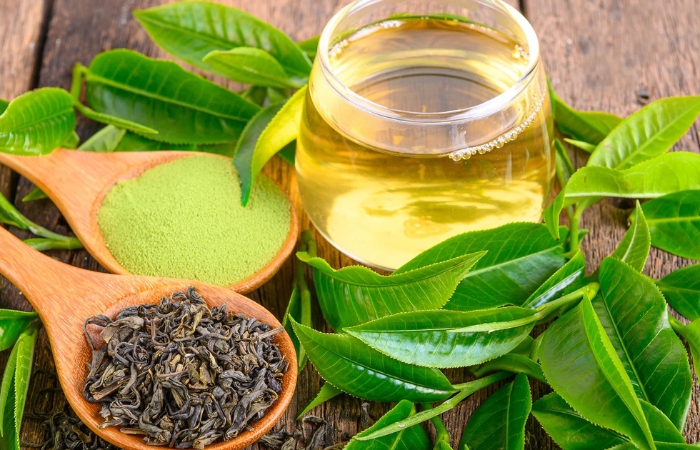
- How it helps: Green tea helps decrease iron absorption, reducing the amount of excess iron in the body. It also reduces the oxidative stress caused by excess iron.
- Scientific backing: Research has demonstrated that drinking green tea can lower serum iron levels and reduce the risk of iron overload.
Recommended Dosage: 1-2 cups of green tea per day, or 200-400 mg of green tea extract.
3. Milk Thistle
Milk thistle, containing the active compound silymarin, is known for its liver-supporting properties. It helps detoxify the liver, promotes healthy liver function, and may assist in removing excess iron stored in the liver.
- How it helps: Silymarin helps protect the liver from oxidative stress caused by iron overload and supports the liver’s ability to metabolize iron.
- Scientific backing: Studies have found that milk thistle can improve liver function and reduce iron-induced damage in the liver.
Recommended Dosage: 140 mg of silymarin, taken 2-3 times daily.
4. Vitamin C (in Controlled Doses)
Vitamin C is known to increase iron absorption when taken in excess, but when used in controlled doses, it can help improve iron metabolism in those with Hemochromatosis. The vitamin plays a role in converting ferric iron (Fe3+) into the more easily excreted ferrous form (Fe2+).
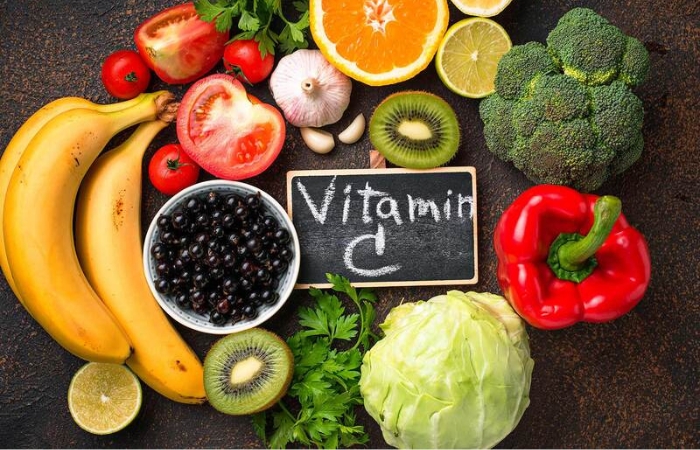
- How it helps: Vitamin C can enhance the body’s ability to excrete excess iron without promoting further iron absorption.
- Scientific backing: Research has shown that small doses of Vitamin C may help with the removal of stored iron in people with iron overload conditions.
Recommended Dosage: 250-500 mg per day, but should be used cautiously.
5. Alpha Lipoic Acid (ALA)
Alpha Lipoic Acid is a powerful antioxidant that neutralizes free radicals, helping to reduce the oxidative damage caused by excess iron. It also supports liver detoxification and may assist in the removal of excess iron from the body.
- How it helps: ALA’s antioxidant properties help protect organs from iron-induced damage and support the removal of iron.
- Scientific backing: Studies suggest that ALA can improve iron metabolism and reduce oxidative stress in people with iron overload.
Recommended Dosage: 300-600 mg per day.
6. Phytic Acid (Found in Legumes and Whole Grains)
Phytic acid, also known as inositol hexaphosphate (IP6), is a naturally occurring compound in foods like beans, lentils, and whole grains. Phytic acid has the ability to bind to iron, reducing its absorption in the gastrointestinal tract.
- How it helps: By binding to iron, phytic acid prevents the body from absorbing excess amounts of the mineral.
- Scientific backing: Research shows that phytic acid supplementation can lower iron absorption and is beneficial for those with iron overload.
Recommended Dosage: 500 mg of IP6, taken 2-3 times a day.
7. N-acetylcysteine (NAC)
N-acetylcysteine (NAC) is a powerful antioxidant that supports detoxification processes in the body. NAC helps the body remove excess iron by supporting liver function and neutralizing the oxidative stress caused by iron overload.
- How it helps: NAC aids in reducing oxidative damage caused by iron and supports detoxification processes.
- Scientific backing: NAC has been shown to support liver health and may help reduce damage caused by iron accumulation.
Recommended Dosage: 600-1200 mg per day.
8. Dandelion Root
Dandelion root is an herb known for its liver-detoxifying and diuretic properties. It supports healthy liver function and helps remove toxins from the body, including excess iron.
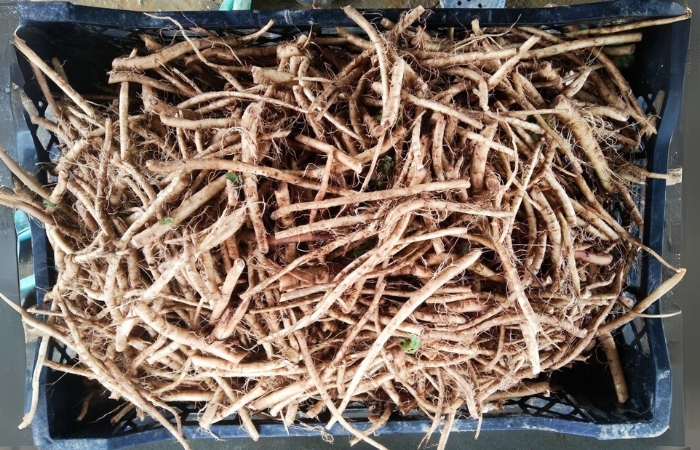
- How it helps: Dandelion root promotes liver detoxification and may assist in eliminating excess iron from the body.
- Scientific backing: While studies specifically linking dandelion root to iron regulation are limited, its detoxifying properties make it a useful herb for individuals with Hemochromatosis.
Recommended Dosage: 500 mg of dandelion root extract, taken 2-3 times daily.
9. Calcium Supplements
Calcium can inhibit the absorption of iron when taken with meals. Since calcium competes with iron for absorption in the gastrointestinal tract, supplementing with calcium may help reduce iron absorption.

- How it helps: Calcium reduces the amount of iron absorbed from the diet.
- Scientific backing: Studies suggest that calcium supplements may help lower iron absorption in people with Hemochromatosis.
Recommended Dosage: 500-1000 mg of calcium with meals.
10. Red Clover
Red clover is an herb known for its anti-inflammatory and detoxifying effects. It supports liver function and helps the body eliminate excess iron.
- How it helps: Red clover promotes liver health and may help reduce the harmful effects of iron overload.
- Scientific backing: While research on red clover’s effects on iron overload is still emerging, its detoxifying and anti-inflammatory properties make it a useful supplement.
Recommended Dosage: 500 mg of red clover extract, taken 2-3 times daily.
Precautions and Potential Side Effects
While natural supplements can provide significant benefits for individuals with Hemochromatosis, it’s important to approach them with caution. Some supplements may interact with medications or cause side effects. Always consult with a healthcare provider before starting any new supplement regimen.
- Overuse of Vitamin C: Excessive Vitamin C can increase iron absorption, which may not be beneficial for people with Hemochromatosis.
- Interactions: Natural supplements may interact with medications, so it’s important to consult a healthcare professional before starting any new treatment.
How to Incorporate These Supplements into Your Routine
Incorporating these supplements into your routine requires consistency and balance. It’s also important to complement supplementation with a healthy diet that supports iron regulation. Always work with your healthcare provider to ensure the supplements you choose are safe and effective for your individual health needs.
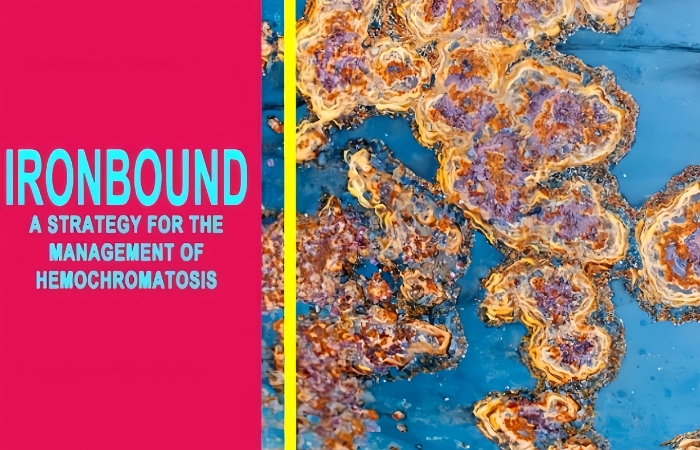
Conclusion
Hemochromatosis can be a challenging condition, but managing iron levels through both conventional and natural treatments can help reduce the risks associated with iron overload. Natural supplements like curcumin, green tea, milk thistle, and alpha lipoic acid can play a crucial role in supporting iron regulation and overall health.
Before starting any new supplements, always consult with your healthcare provider to ensure they are appropriate for your condition. With the right approach, it’s possible to manage iron overload and live a healthy, active life.

